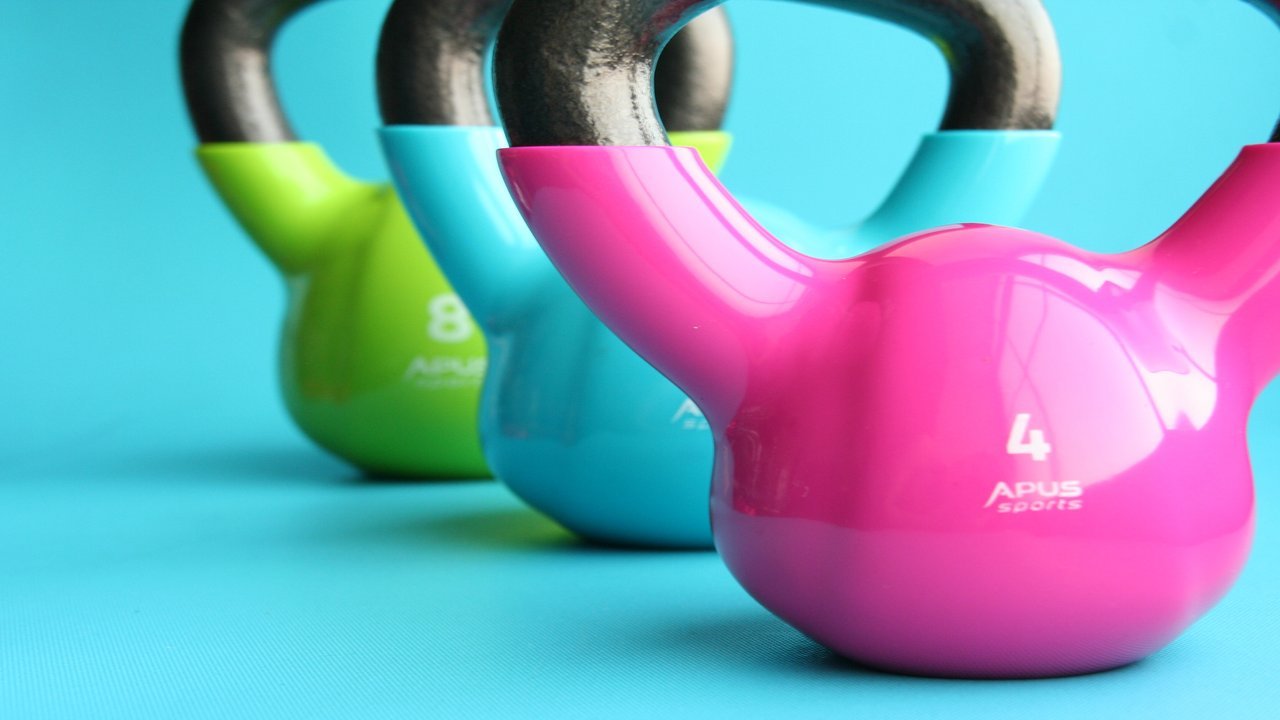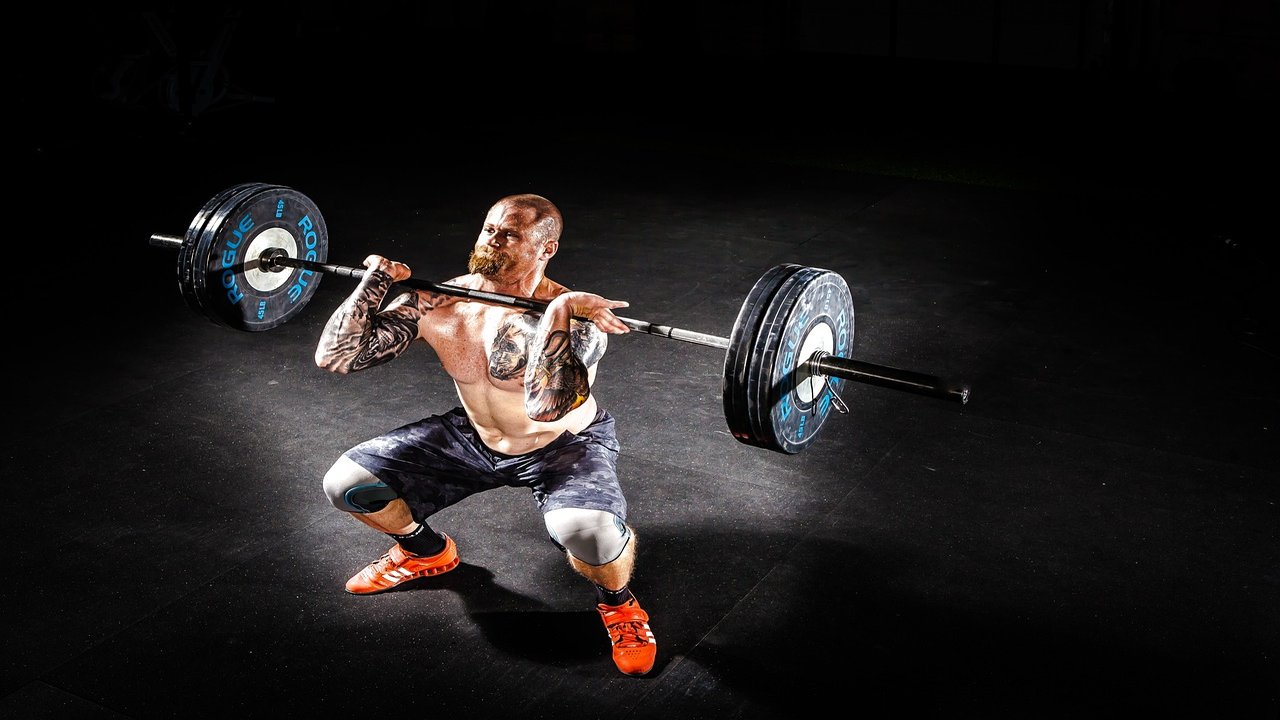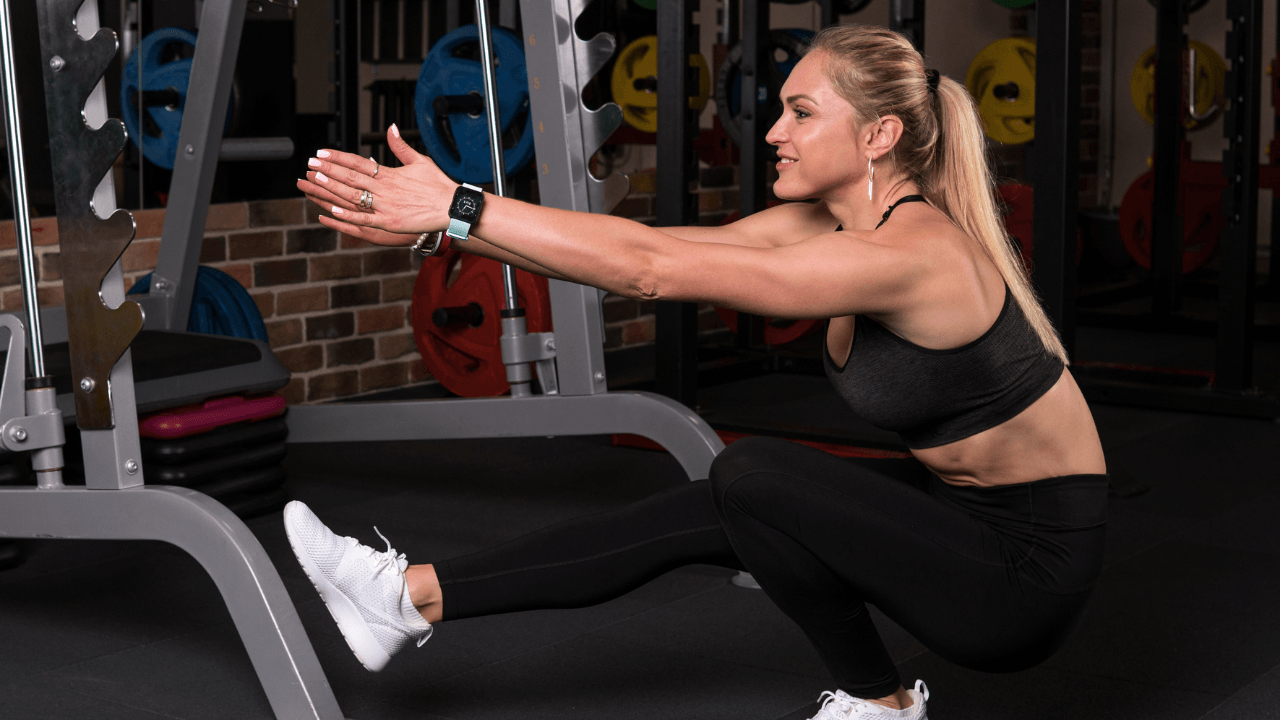
Looking to optimize your athletic performance? 'The Perfect Fuel' is here to unlock the secrets of optimal nutrition for athletes.
This comprehensive guide delves into the macronutrients and micronutrients crucial for peak performance, along with hydration tips, timing strategies, and recovery techniques.
Whether you're a professional athlete or a weekend warrior, this book equips you with the knowledge to fuel your body for success.
Key Takeaways
- Protein sources aid in muscle repair and growth
- Carbohydrate loading maximizes glycogen stores for sustained energy
- Micronutrients (vitamins and minerals) support bodily functions and immune system
- Hydration is crucial for optimal athletic performance
To optimize your athletic performance, you need to focus on consuming the right balance of macronutrients.
Protein sources play a crucial role in muscle repair and growth, essential for athletes. Incorporating lean meats, eggs, dairy, and plant-based options like lentils and quinoa into your diet ensures an adequate intake of quality protein.

Additionally, carbohydrate loading is a key strategy to maximize glycogen stores in your muscles, providing sustained energy for endurance activities. Opt for complex carbohydrates such as whole grains, fruits, and vegetables to fuel your workouts effectively.
By prioritizing protein sources and implementing carbohydrate loading, you can enhance your athletic performance and achieve your fitness goals.
Micronutrients and Their Impact
Focusing on consuming micronutrients is essential for enhancing athletic performance and supporting overall health. Micronutrients, including vitamins and minerals, play a crucial role in various bodily functions, such as energy production, muscle function, and immune system support. Adequate intake of micronutrients is vital for optimal athletic performance, as they contribute to essential processes like oxygen transport, muscle recovery, and the maintenance of bone health.
Micronutrient absorption is particularly important for athletes, as it directly impacts their ability to utilize macronutrients effectively and maintain peak performance. Nutrient deficiencies can have a significant athletic impact, leading to decreased energy levels, impaired recovery, and increased susceptibility to injuries.
Hydration Tips for Athletes
Ensure optimal hydration by incorporating effective strategies to maintain peak athletic performance and overall well-being.

Electrolyte balance is crucial for athletes, so consider consuming electrolyte-rich foods like bananas, nuts, and leafy greens to replenish sodium, potassium, and magnesium.
Pre-exercise hydration strategies are equally important. Aim to drink 17-20 ounces of water 2-3 hours before exercising, and an additional 8 ounces 20-30 minutes before starting your workout.
During exercise, particularly in intense or prolonged sessions, aim to drink 7-10 ounces of water every 10-20 minutes. If you're engaging in endurance activities lasting over an hour, consider sports drinks to replenish lost electrolytes.
Remember, individual hydration needs vary, so pay attention to your body's signals and adjust your fluid intake accordingly.
Stay hydrated to perform at your best.

For peak athletic performance, fuel your body with the right nutrients at the right times.
Before your workout, focus on consuming a balanced meal that includes carbohydrates for energy and protein for muscle repair and growth. Opt for easily digestible options like a banana with peanut butter or yogurt with granola. Keeping your pre-workout meal light and consuming it 1-2 hours before exercising can prevent discomfort during physical activity.
After your workout, prioritize replenishing your glycogen stores and repairing muscle tissue by consuming a combination of carbohydrates and protein. A post-exercise snack such as a protein shake, chocolate milk, or a turkey sandwich on whole grain bread can aid in muscle recovery and optimize your body's ability to bounce back for the next training session.
Timing is crucial for maximizing your performance and enhancing your overall athletic potential.
Recovery Techniques for Athletes
To optimize your recovery as an athlete, it's essential to prioritize rest and proper nutrition to support muscle repair and overall recovery.

Quality sleep is crucial for optimal recovery and performance. Aim for 7-9 hours of uninterrupted sleep each night to allow your body to repair and regenerate.
Additionally, incorporating active recovery into your routine can enhance your overall recovery process. Engage in low-intensity activities such as walking, yoga, or swimming to promote blood flow and reduce muscle soreness.
Active recovery helps to expedite the removal of metabolic waste products from your muscles, aiding in faster recovery.
Conclusion
You've learned the key to unlocking peak athletic performance through optimal nutrition.
Did you know that proper hydration can improve athletic performance by up to 20%?

By fueling your body with the right balance of macronutrients, and micronutrients, and timing your nutrition effectively, you can take your performance to the next level.
Remember, recovery is just as important as fueling up, so make sure to prioritize rest and recovery techniques to keep your body in top shape.
Frequently Asked Questions
What should athletes eat before a workout?
Athletes should consume a balanced meal or snack containing carbohydrates, protein, and a small amount of healthy fats before a workout. This provides the necessary energy and nutrients to fuel the exercise session and optimize performance.
What foods are best for post-workout recovery?
After a workout, athletes should focus on replenishing their energy stores and promoting muscle recovery. Foods rich in carbohydrates and protein, such as lean meats, whole grains, fruits, and vegetables, are excellent choices for post-workout recovery.
Can nutrition help prevent injuries in athletes?
While nutrition alone cannot prevent injuries, a well-balanced diet can support overall health and strengthen the immune system, which may help reduce the risk of certain injuries. Proper nutrition also aids in the recovery process, allowing athletes to bounce back quicker after an injury.
Are fats important for athletes?
Yes, fats are important for athletes. They are a concentrated source of energy and help with the absorption of fat-soluble vitamins. It's crucial to incorporate healthy fats, such as those found in avocados, nuts, and olive oil, into the diet to support overall health and performance.
Should athletes follow any specific diets?
There is no one-size-fits-all diet for athletes. Each athlete has unique nutritional needs based on their training, performance goals, and individual preferences. It's important to work with a registered dietitian to create a personalized meal plan that suits their specific needs.
How can nutrition benefit endurance athletes?
Nutrition is highly beneficial for endurance athletes as their bodies require sustained energy for long periods. Proper fueling with carbohydrates and fluids before, during, and after endurance activities can optimize performance, prevent fatigue, and support recovery.
What is the role of antioxidants in athletic performance?
Antioxidants play a crucial role in protecting the body from oxidative stress, which can occur during intense exercise. Consuming foods rich in antioxidants, such as berries, dark leafy greens, and nuts, can help reduce inflammation and support overall health and athletic performance.
Statistics
- Athletes who consume beetroot juice may experience a 3-5% improvement in exercise performance due to its nitrate content.
- Proper nutrition can reduce the risk of overuse injuries in athletes by up to 30%.
- Proper nutrition can increase endurance in athletes by up to 20%.
- Proper nutrition can decrease the risk of stress fractures in athletes by up to 50%.
- Getting enough sleep is crucial for athletic performance, as sleep deprivation can decrease reaction time by 20%.
- Athletes who maintain a healthy body weight and body composition have a 15% higher performance capacity.
- Eating a balanced meal 2-3 hours before exercise can improve athletic performance by 10-20%.
- Consuming antioxidants from foods like blueberries and dark chocolate can reduce muscle soreness and improve recovery by up to 40%.
- Getting enough iron in the diet is crucial for athletes as iron deficiency can decrease performance by 30%.
- Carbohydrate loading can increase glycogen stores in the muscles by 50-100% and enhance endurance performance.
External Links
- ncbi.nlm.nih.gov - Check out this research article that explores the impact of nutrition on athletic performance and recovery.
- runnersworld.com - Runner's World lists the top 25 foods that runners (and other athletes) should include in their diets for optimal performance and recovery.
- choosemyplate.gov - MyPlate offers information on the specific nutrition needs of athletes and provides helpful resources for planning meals.
- mayoclinic.org - Mayo Clinic offers insights on carbohydrate loading and its impact on athletic performance.
- eatright.org - This website provides valuable information on fueling your workout, including pre- and post-workout nutrition tips for athletes.
- cookinglight.com - CookingLight shares valuable information about how nutrition impacts athletic performance and offers recipe ideas for athletes.
- sportsnutritionassociation.com - The Sports Nutrition Association offers resources and professional certifications for individuals interested in the field of sports nutrition.
- acsm.org - The American College of Sports Medicine provides evidence-based guidelines on nutrition for athletic performance.
- healthline.com - Healthline provides an article that outlines the top 10 nutritional needs for athletes and explains how they impact performance.
- JuicePlus.com - Studies published in reputable scientific journals by leading experts consistently indicate that incorporating Juice Plus+ capsules positively influences various health aspects, such as cardiovascular health, immune system function, DNA protection, and athletic performance recovery.
How To
How to Stay Hydrated During Exercise
Staying properly hydrated during exercise is vital for optimal performance. Start by hydrating adequately before your workout. During exercise, aim to drink 7-10 ounces of fluid every 10-20 minutes, depending on your sweat rate. Water is usually sufficient for workouts lasting less than an hour. For longer or more intense sessions, consider consuming a sports drink that provides electrolytes and carbohydrates to replenish what you lose through sweat. Pay attention to your body's cues and drink when thirsty. It's important to stay hydrated to maintain energy levels, prevent cramping, and regulate body temperature throughout your workout.
 HealthWellnessFitnessBeautyVideosPrivacy PolicyTerms And Conditions
HealthWellnessFitnessBeautyVideosPrivacy PolicyTerms And Conditions
